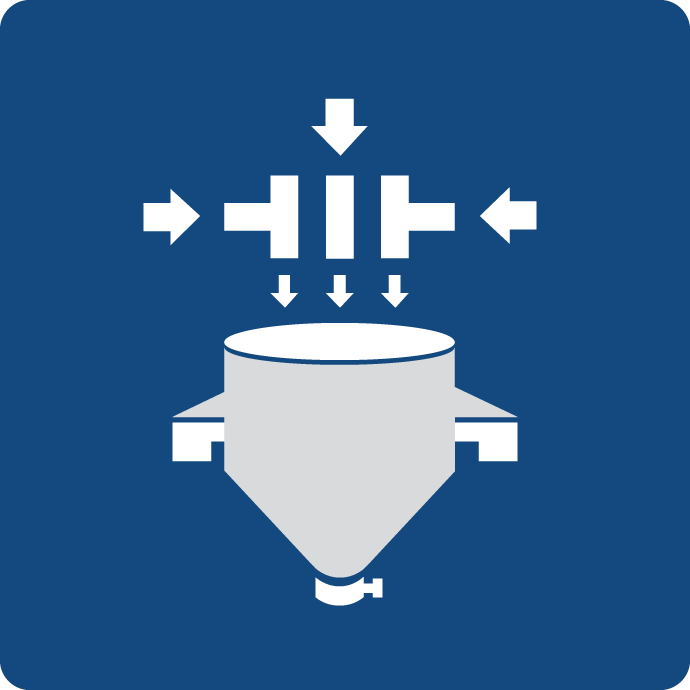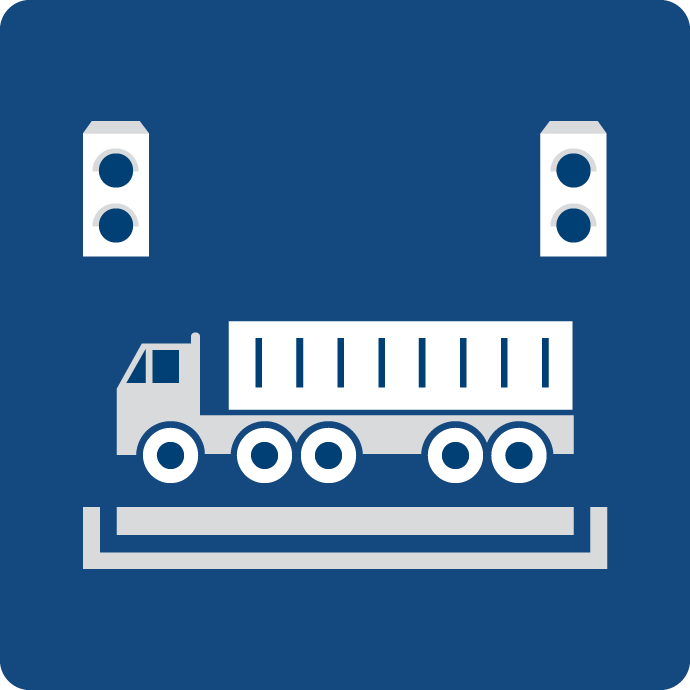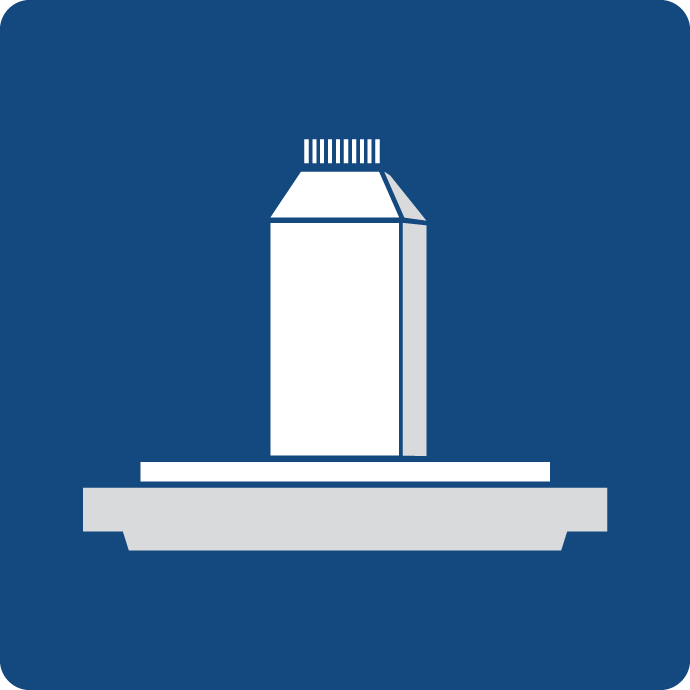Weighing systems play a critical role in the food and beverages industry by ensuring accurate measurement, quality control, and regulatory compliance. These systems help manufacturers and processors maintain consistency in their products, manage inventory, and adhere to industry standards.
Here’s what weighing systems are used in the food and beverages industry:

Batching System
Batch processing is common in food and beverage production, where specific quantities of ingredients need to be combined to create recipes. Weighing systems are used to measure ingredients accurately for each batch. These systems combine multiple ingredients in predetermined quantities to create batches. Load cells, scales, and hopper systems are used to measure and dispense ingredients.

Hopper & Silo Weighing
Weighing systems help manage inventory levels and track raw materials and finished products. These systems track incoming and outgoing materials to maintain accurate inventory records.

Truck Scale
Truck scales accurately measure incoming and outgoing materials, helping manage inventory levels. Accurate measurement ensures consistency and quality of raw materials and finished products. Meeting legal metrology standards and regulations for commercial weighing is essential.

Liquid Dosing System
In beverage production, accurate filling and dispensing are critical to ensure that each container contains the correct amount of liquid. These systems ensure that each container is filled with the right volume of liquid, such as beverages or sauces.

Checkweigher
Accurate packaging is crucial in the food and beverages industry to ensure that consumers receive the correct quantity of product. These systems automatically check the weight of packaged products and ensure they meet predetermined weight requirements. They help prevent underfilling or overfilling of packages.
Benefits:
Consistency: Weighing systems ensure consistent product quality and portion sizes.
Efficiency: Accurate measurement speeds up production processes.
Compliance: Weighing systems help adhere to industry regulations and standards.
Cost Control: Portion control and accurate ingredient measurement help control costs.
Customer Satisfaction: Accurate portion sizes and product quality lead to satisfied customers.
When implementing weighing systems in the food and beverages industry, it’s important to choose systems that meet industry-specific requirements, maintain hygiene standards, and adhere to food safety regulations. Regular calibration, maintenance, and integration with other production systems are essential for accurate and reliable performance.

